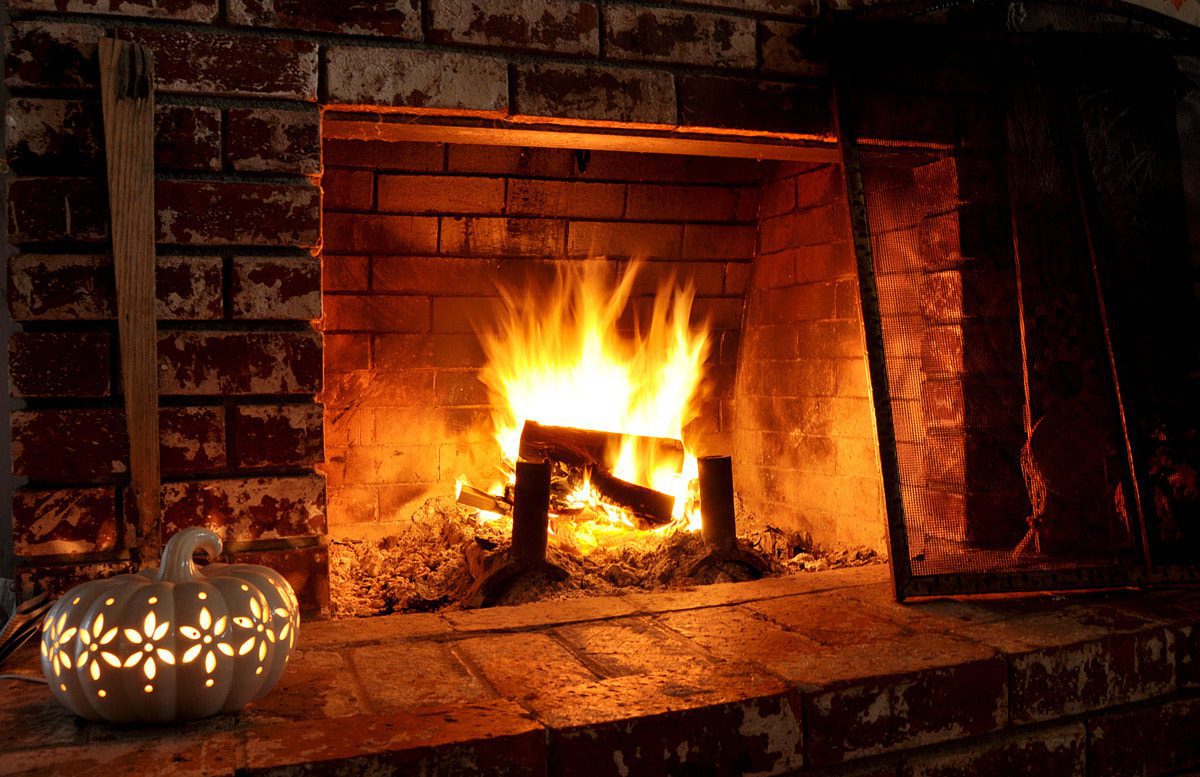Insure Yourself Against a Possible Home Fire
What will a homeowners insurance policy cover? Many things, including personal injury, liability, dog bites, loss of merchandise stored in your home, property damage to your main building and attached structures, and unattached structures like garages and sheds, can all be covered.
Damage from all natural disasters will typically not be included. For example, flood and earthquake damage is usually excluded. But damage from hail, wind, lightning strikes, and fires is almost always part of the package.
Whether the fire damage is small, great, or total, your policy can cover it. But for how much will depend on the amount of coverage you choose to buy. You can pay more/less for higher/lower coverage limits on your home and property contained therein. And you can also pay more for a lower deductible.
And if you want to better cover high-priced personal property inside your home, like say, expensive jewelry, a fur coat, or valuable furniture, you can buy extended property damage coverage with your homeowners insurance policy.
Some Basic Fire Safety Tips to Follow
But beyond just insuring your home and what’s in it against the possibility of fire, you want to do everything possible to avoid a fire in the first place, especially given the loss of life and limb that may be at stake.
Here are some fire safety tips to keep in mind and put into practice:
- Have smoke detectors in all rooms. Two-thirds of deaths from home fires occur in homes without functioning smoke detectors. So be sure to test them periodically as well and change the batteries.
- Make sure your light bulbs match the wattage recommended for the fixtures you put them in.
- Avoid using extension cords permanently, especially for AC units and space heaters. But if you do ever use extension cords, ensure they are in good condition and can handle the voltage.
- Never overload an outlet. Too many items plugged in at one spot can create a fire hazard.
- Have a fire evacuation plan in place for every room in your home. This is no less important at home than at work or in a public place.
- Have your home electrical system inspected by an electrician to be sure it is safe and fully up to code.
- Use outlet covers if small children are living in your home.
- Don’t ignore dimmed/flickering lights, odd electrical-related sounds from your walls, or circuit breakers that keep tripping. Call an electrician right away to identify and fix the problem.
- Never leave a stove running while you wander off to another room.
- Don’t leave space heaters unattended or position them too close to curtains or other flammable items.
- Even during an emergency, never run a gas-powered generator inside your house or garage.
Fire is a very real risk for homeowners, but you can minimize your risks by following good safety measures and by buying homeowners insurance that includes fire coverage. To learn more or for a free quote, contact Flagler County Insurance Agency today.
